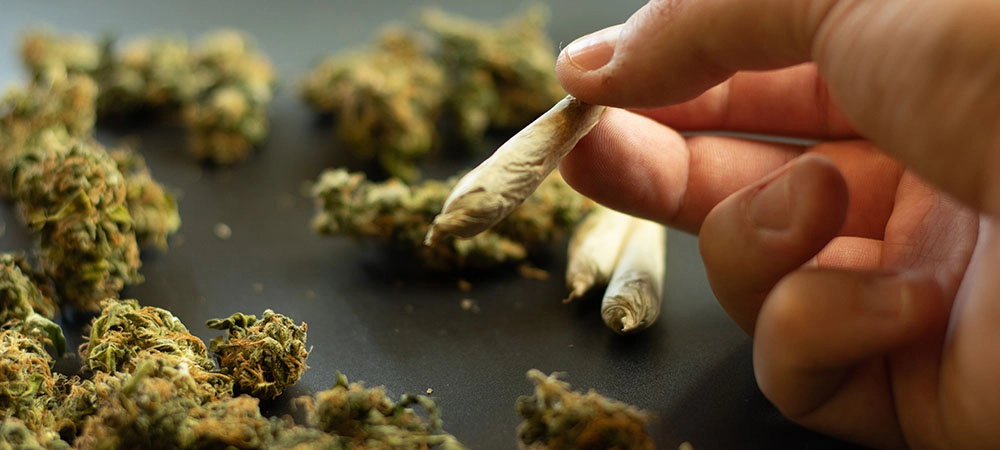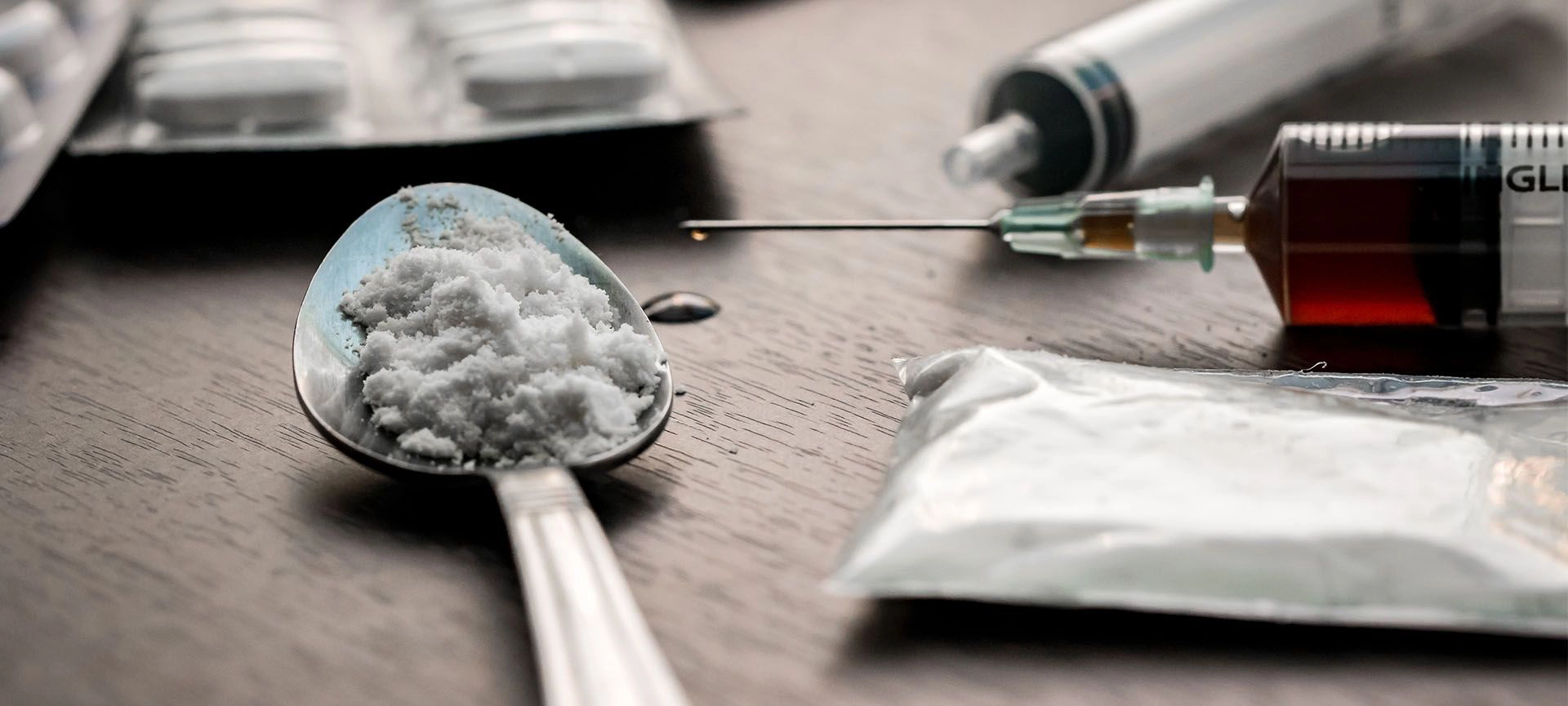What are the Signs of Addiction in Toronto, Ontario?
The ability to identify the signs of addiction can help both you and your loved one with early detection to promote the motivation to get help for you or your loved one. Knowing the signs is the first step of the rehabilitation process. There are many different signs to look out for each of which branches from physical, psychological, and behavioural changes.
Physical
Physical results of addiction can be seen as side effects acquired as a result of an addiction. These effects can lead to overdose, and signs of withdrawal. An overdose can be identified when an individual is:
- Loss of consciousness, and cannot be woken.
- Slow breathing, or no breathing
- Lips and nails turning blue/purple
- Sounds of choking, gurgling, or snoring present
- Cold and clammy
- Tiny pupils
- Difficulty breathing
- Nausea/vomiting
Withdrawal symptoms can vary from person to person and range from mild to severe depending on the type of substance, and how long the substance has been abused. It can also be dependent on age, health, mentality, and the method of withdrawal.
Signs of withdrawal can manifest as:
- Sleeplessness
- Irritability
- Anxiety
- Depression
- Aches and pains
- Changes in mood
- Intense cravings
- Hallucinations
- Nausea/vomiting
- Sweating
- Shaking
- Paranoia
- Confusion
- Seizures
These effects can continue for days to weeks, but as time goes by the symptoms will alleviate.
Before overdose and withdrawal physical effects, an individual abusing drugs and or alcohol can be expected to demonstrate the following:
- Enlarged or tiny pupils
- Extreme weight loss or gain
- Bloodshot eyes
- Slurred speech
- Insomnia
- Lack of coordination
In addition to physical signs, psychological signs will also manifest, and these signs can be identified as:
- Lack of motivation
- Paranoia
- Mood swings
- Withdrawing from peers and social groups emotionally and mentally
- Personality and attitude changes
- Irritable and angry outbursts
- Anxiousness

Behavioural indications of substance abuse can include:
- A loss of control – Though an individual may want to stop their actions concerning their drug or alcohol abuse, they are unable to do so.
- Denial/Hiding Substance Use – An individual who is battling drug or alcohol abuse may not want to admit they have a problem when they are confronted, and in turn, will do so in secret to avoid the confrontation of loved ones.
- Obsession – The hold the drugs and alcohol take on an individual who is addicted can lead to everything else in the individual’s life becoming background and feeding the addiction becoming the priority.
Signs of Alcohol Addiction Toronto, Ontario
As stated above alcohol abuse is also associated with physical, psychological, and behavioural changes, in addition to:
- Blackouts – Post intense drinking some individuals cannot recall events that took place while their blood alcohol level was high.
- Drinking patterns – This is in terms of drinking in the morning, consecutive hours throughout the day, and drinking alone.
- Panic – For an alcoholic, the common feeling of panic can take over them when they may be put in a position where they are unable to access alcohol for a certain period of time.
Signs of Prescription Drug Addiction Toronto, Ontario
When it comes to prescription drug abuse, any medications which are taken for any other reason other than the intention of the medical reassignment to which the prescription was written can be considered as prescription drug abuse.
Signs of prescription substance abuse can manifest as:
- Stealing prescriptions
- Taking higher doses than indicated on the prescription
- Mood swings
- Poor decision making
- Speaking to a doctor and asking for early refills, or suggesting that the prescriptions were misplaced.
- Attempting to get prescriptions from multiple different sources (doctors)
Other risks that can be associated with prescription drug abuse can include:
- Becoming addicted to other substances, including alcohol
- Family history of addiction and drug or alcohol abuse.
- Peer pressure, an atmosphere where drug use takes place
- Access to prescription medications, whether it be yours, a family member, or someone else.
- Lack of understanding of the power prescription medications has on potential harm to an individual.

Different Types of Addiction in Toronto, Ontario
There are many different types of addiction, though the common and most recognized addictions are drug and alcohol abuse addictions. An addiction is defined as anyone unable to control urges and remain abstinent from an activity or behaviour. With this mental health, physical health, and behaviour changes take the hit as a result of addiction.
An addiction to a substance can include:
- Alcohol
- Opioids
- Heroin
- Cocaine
- Methamphetamines
- Fentanyl
- Marijuana
Other behavioural addictions can include:
- Gambling
- Sex
- Eating disorders
Each addiction listed, whether it be behavioural or a substance abuse addiction, leads to dependency, and that dependency is hard to break from without help.
Whatever the addiction may be, the early stages are quite similar before it leads to a full-blown addiction. Different factors come into play including, experimentation, a family history of addiction, the first attraction to an activity or drug or alcohol, followed by following a path that leads to the substance or activity, and ultimately resulting in the obsession and losing control over the addiction to the activity or substance. The beginning of the path of addiction can be hard to identify due to the scale of uncertainty as to how far gone an individual is toward that potential addiction. The phase of the activity or substance use could be in the experimental stages and undetermined if it will go any further. However, the further down the line it goes, if no intervention or treatment is taken, then that individual could be at greater risk.
Some of the long-term repercussions can be:
- Infection and disease, with the risk of shared needles
- Ruining relationships with family, friends, and peers
- Loss of job, status, and home
- Desperation for an activity or substance use can lead to arrests
- Low grades, and dropping out of school

Addiction can be detrimental to many areas of an individual’s life, and at Addiction Rehab Toronto we can help you on your journey to sobriety.
…
We at Addiction Rehab Toronto, have the resources and experienced professionals who are here to help you. The decision begins with you getting sober, we are here for you along the way, and after you have achieved sobriety. Choose the path that leads to a life of sobriety.
At Addiction Rehab Toronto, we can help you with your addiction and every aspect of your addiction. We will help you on your road to sobriety.
Call us today, we are here to help
FOR IMMEDIATE HELP – CALL US 1-855-787-2424
Or email us at: help@addictionrehabtoronto.ca







